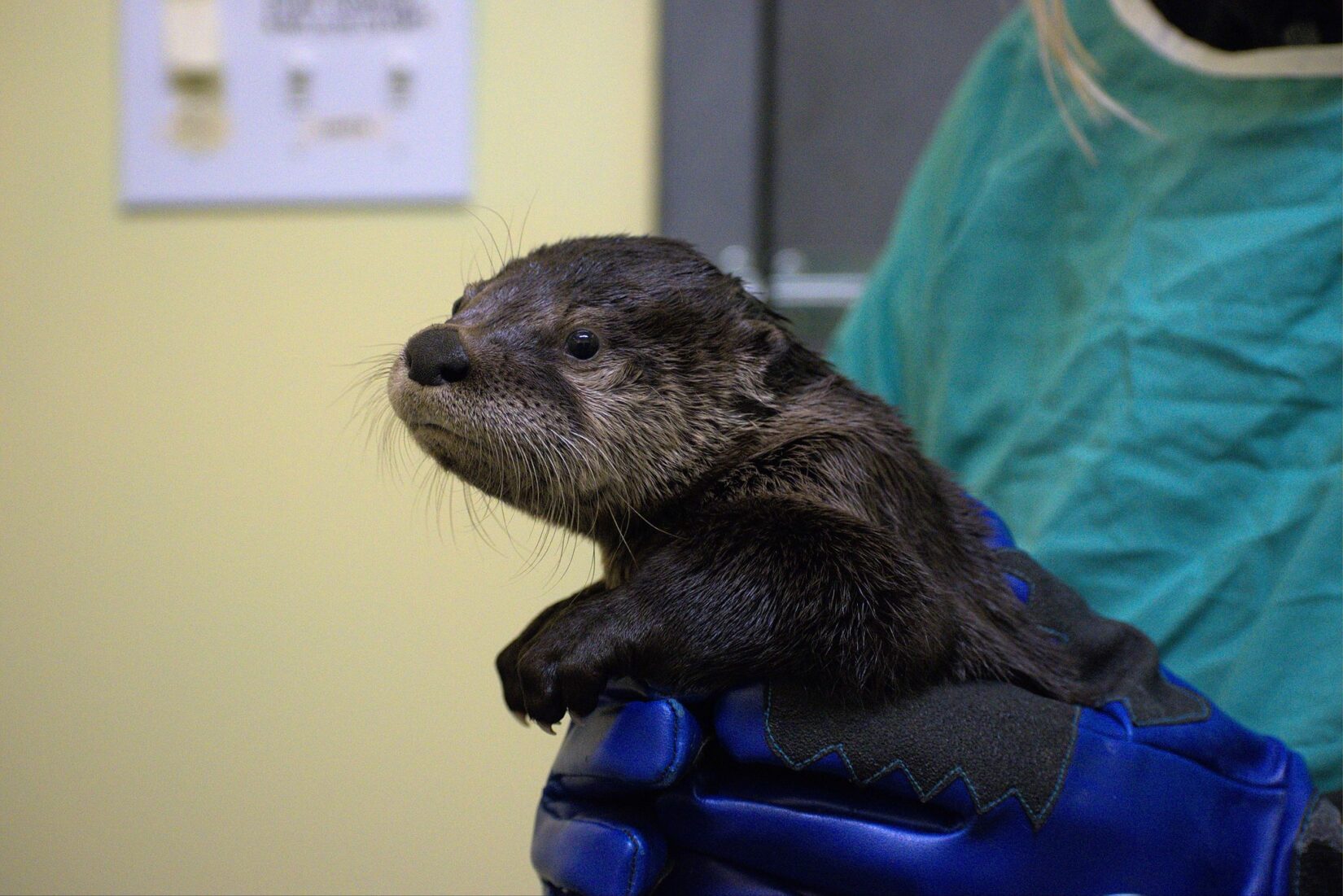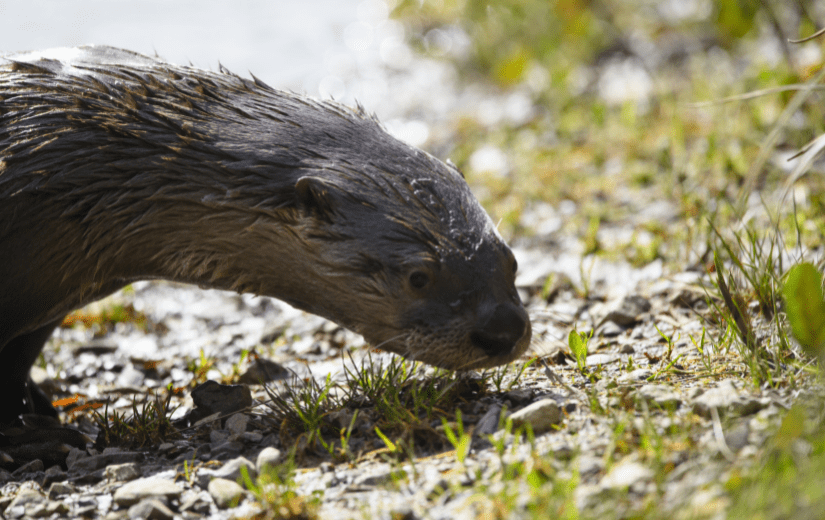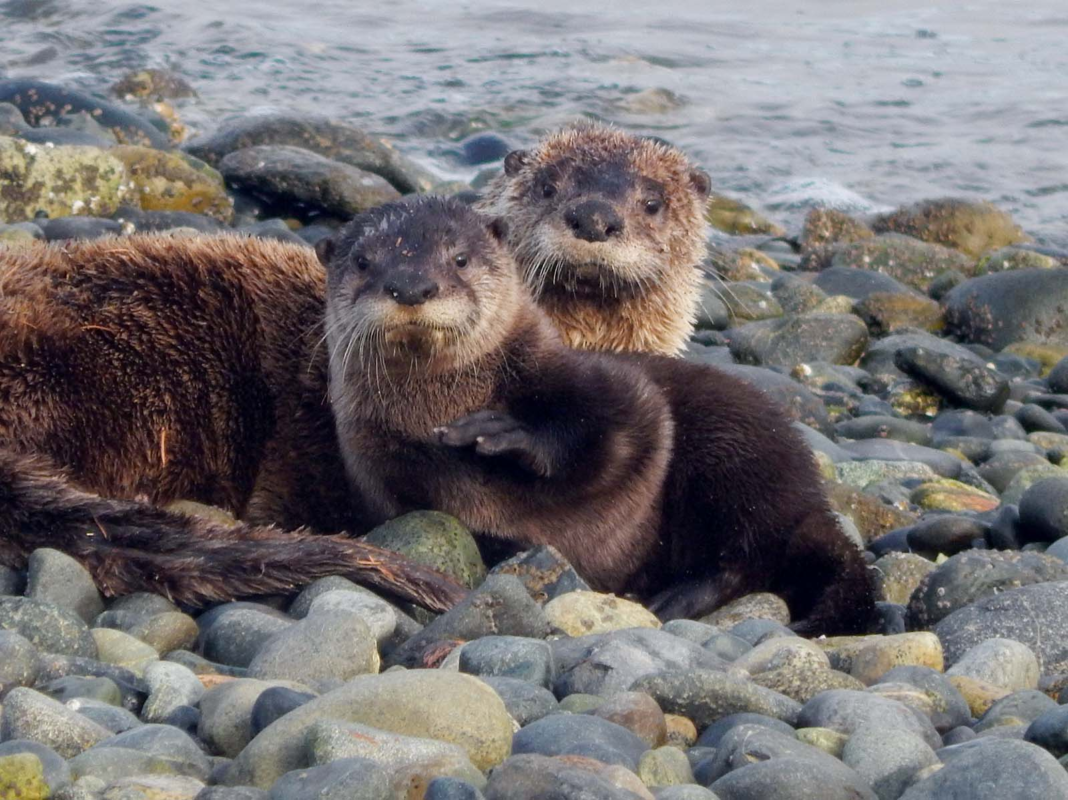Uncategorized
Celebrate World Otter Day May 28 with these ‘otterly’ awesome otter facts – BC SPCA
View all locations
Search Adoptable Animals or Lost & Found Pets
For all other calls and inquiries
see our contact details.
Search Adoptable Animals
or Lost & Found Pets
View all locations
British Columbia is home to two species of otters – river otters and sea otters. Sea otters spend their lives in the ocean. They mate, sleep, groom, hunt, and give birth in the water. River otters are often confused for sea otters when they’re spotted in or near the ocean, but river otters are also aquatic mammals that are equally at home in rivers or coastal areas of the ocean. River otters spend much more time on land, but sea otters are very rarely on land.
Sea otters are federally protected as marine mammals, and can only be assessed and treated by the Vancouver Aquarium Marine Mammal Rescue Society. However, BC SPCA’s Wild ARC can treat and rehabilitate river otters. Unfortunately, river otter pups most often end up at Wild ARC when their mother is trapped and relocated, struck by a car, or scared away by off-leash dogs. The pups usually spend their first year with their mother learning how to hunt and survive on their own, so similarly spend up to a year in our care while our staff provide them with food and enrichments to help prepare them for life in the wild.
To report a sea otter that you believe is injured, call the Vancouver Aquarium Marine Mammal Rescue Society (VAMMR) at 604-258-7325. If you come across a river otter that is injured or abandoned and you think might need help, contact your local wildlife rehabilitation centre or call the BC SPCA Animal Helpline at 1-855-622-7722 for advice.
To sea-lebrate World Otter Day, we’ve gathered up ‘otterly’ fascinating facts about the notoriously cute and curious otters of B.C. and around the world.

River otters can sometimes get into trouble with people. They are carnivorous mammals that may dig in yards, crop fields, or road embankments to den or in pursuit of prey. Otters sometimes prey on domestic animals like rabbits, chickens, turkeys, or ducks, and can also prey on fish in backyard ponds or den in sheds, boathouses, and under porches.
Once an otter has moved in, trapping is not the solution. You can encourage them to move along by using mild harassment techniques. Read our best practice sheet the learn how to prevent conflict and encourage otters to leave (PDF).
Adoption
Animal cruelty
Animal Stories
Awards and accreditation
Community
Events
Farm
Generosity In Action
Outreach
Pet care
Take action
Ways to help
Wildlife
Youth
Have you found a sick, injured or orphaned wild animal?
Help orphaned and injured wild animals get the specialized care they need.
Are you prepared for a wildlife emergency? Learn who to call and how to prepare a kit.
Subscribe for BC SPCA updates
© 2025 The British Columbia Society for the Prevention of Cruelty to Animals (BC SPCA). Privacy Policy
Our mission is protecting vulnerable animals and mobilizing communities so animals and people thrive together. BC SPCA is a registered charity, tax # BN 11881 9036 RR0001
The BC SPCA respectfully acknowledges that we live, work and play on the unceded traditional territories of the numerous and diverse First Nations within British Columbia. We express our gratitude to all Indigenous communities – First Nations, Métis and Inuit for stewarding and sharing this land.

